Angie Jacobson was a woman on the go. The mom of a teen son and preteen daughter was a small-business owner who played keyboards in two bands and unwound with a brisk game of tennis or bracing swims in the Bay.
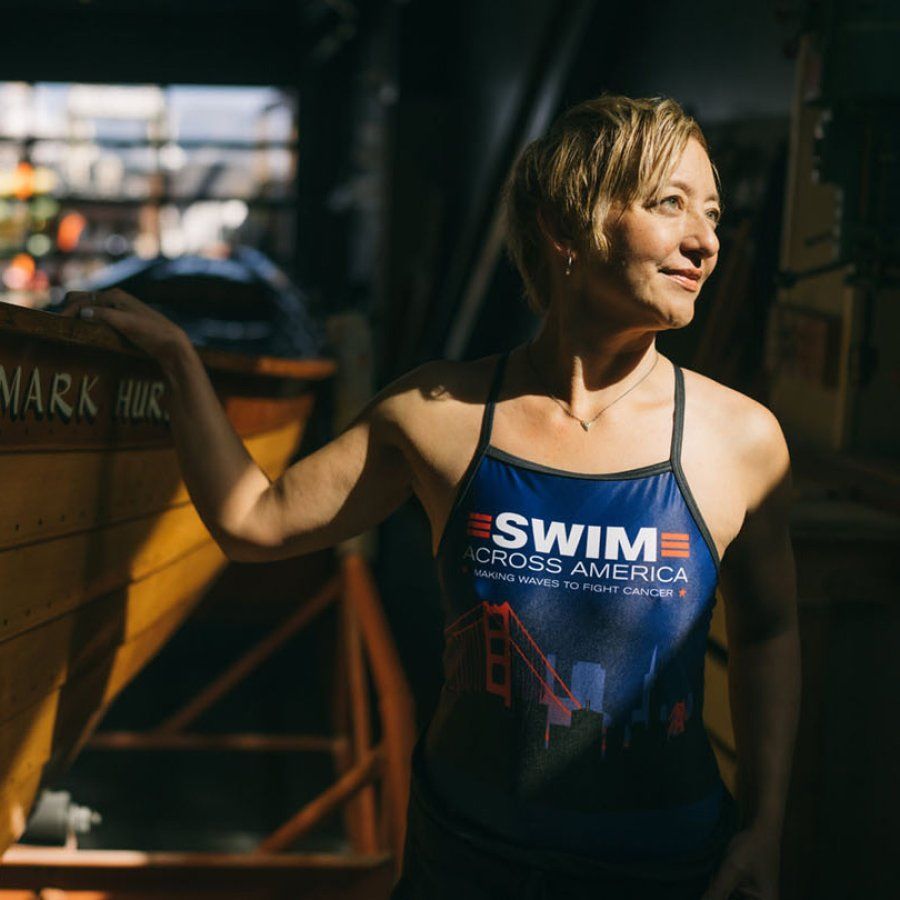
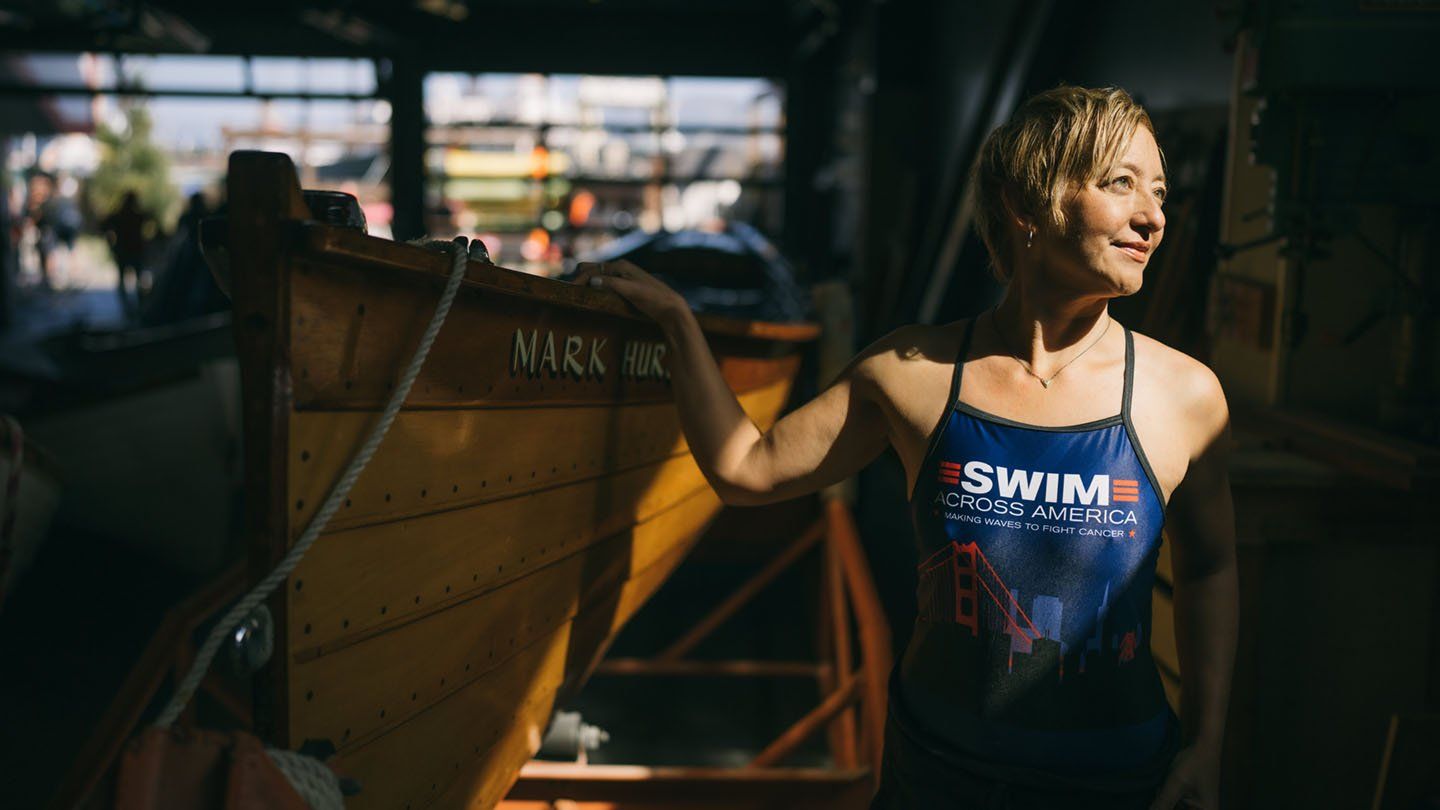
That changed a couple of years ago when a backache suddenly escalated, spasming down her leg in ripples of intense pain.
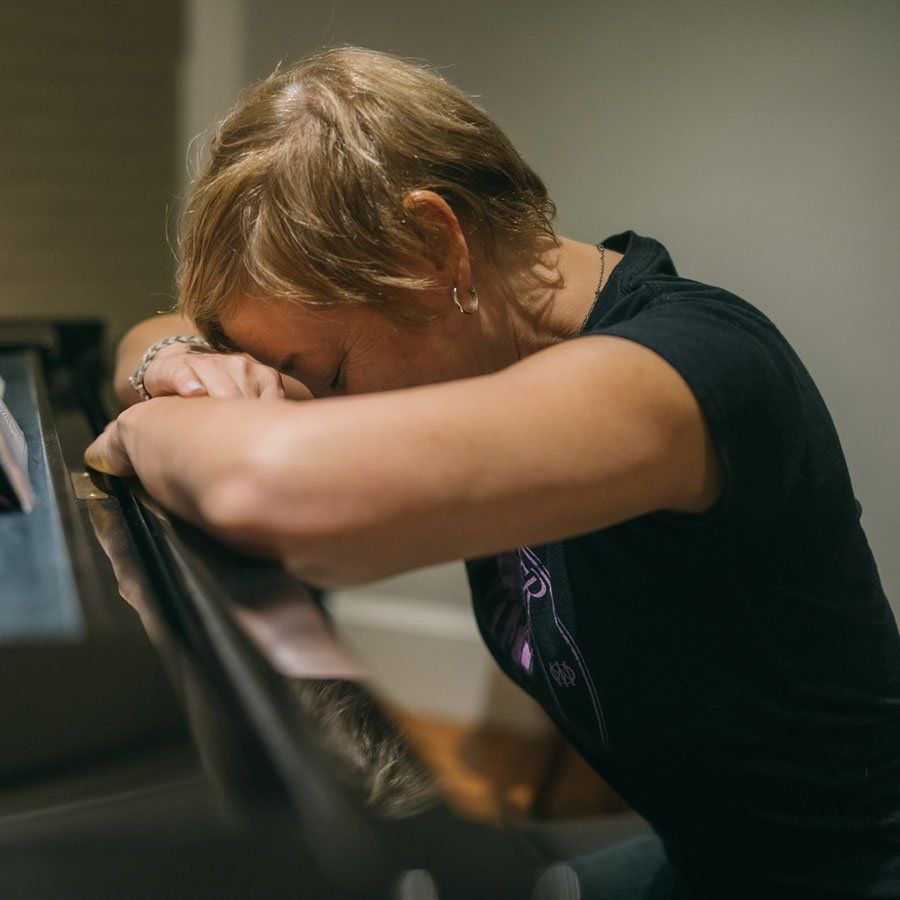
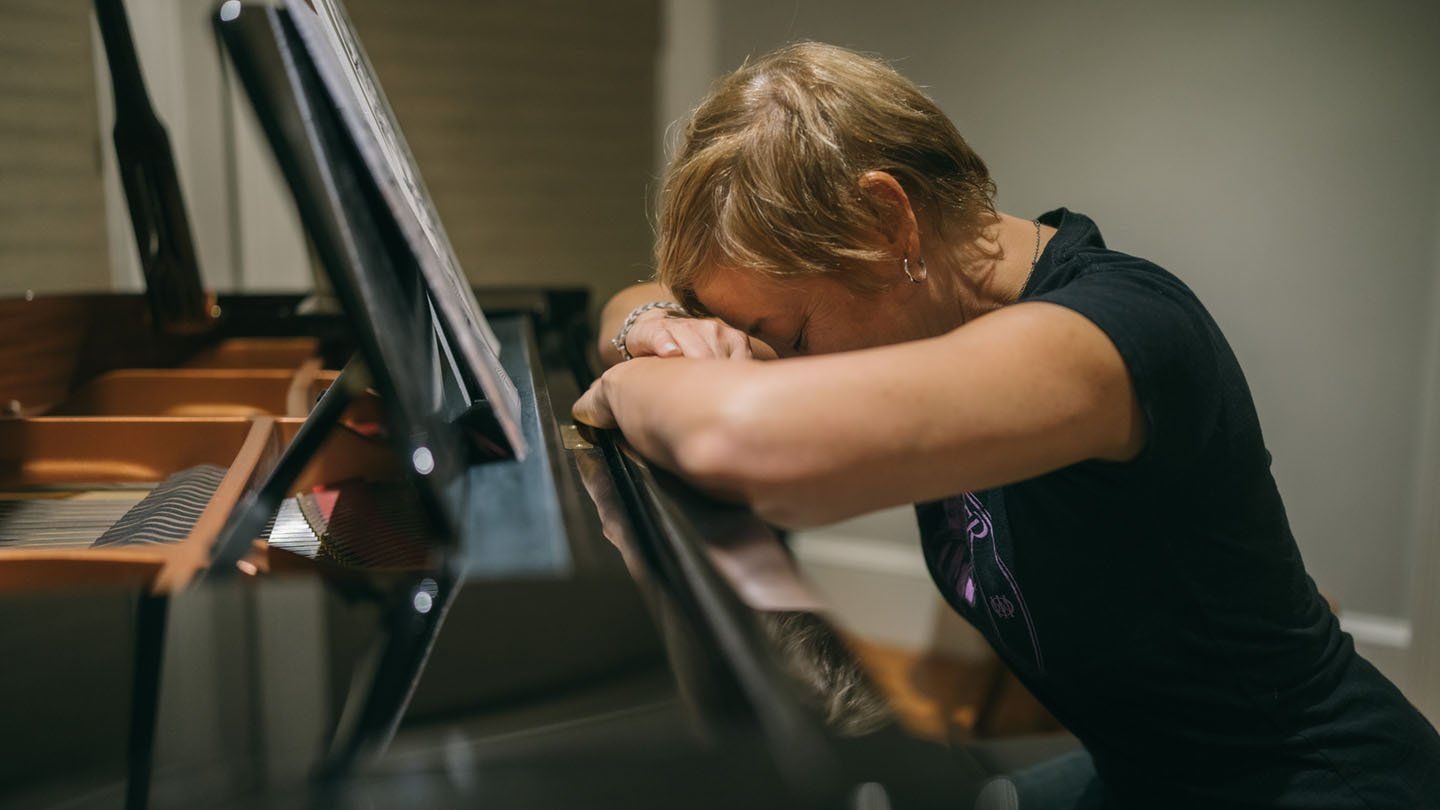
Unloading the dishwasher or prepping food required sitting on a stool. Walking from her car to the store meant stopping every 10 feet to take a deep breath.
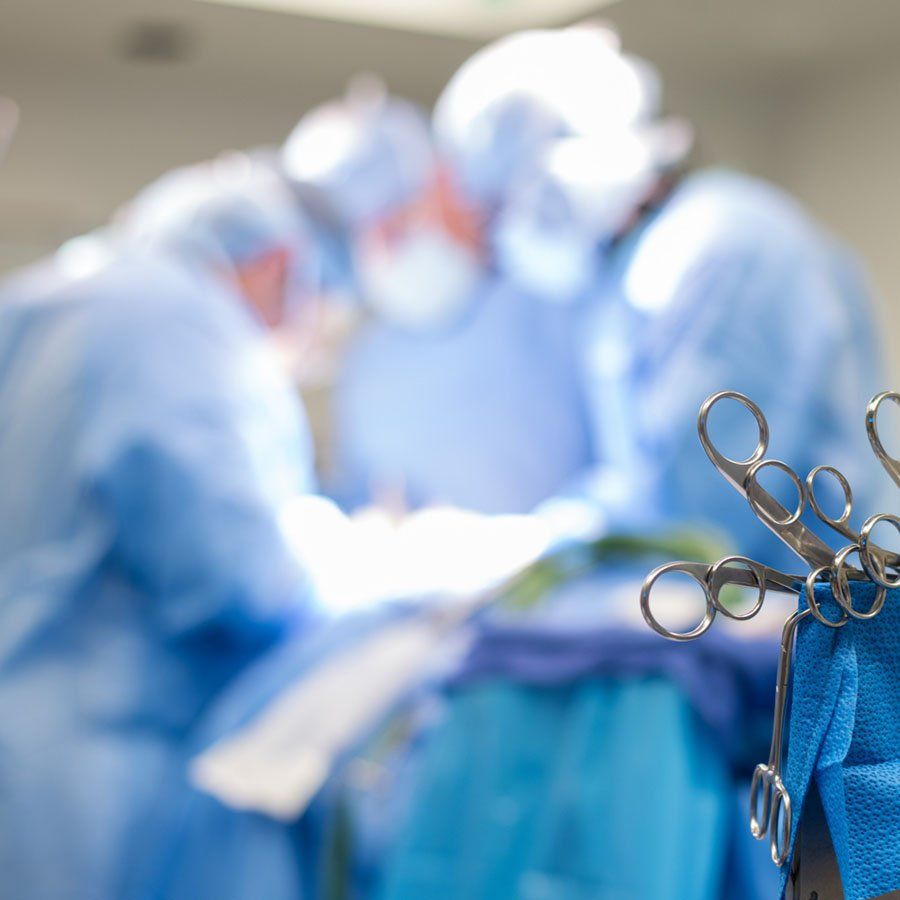
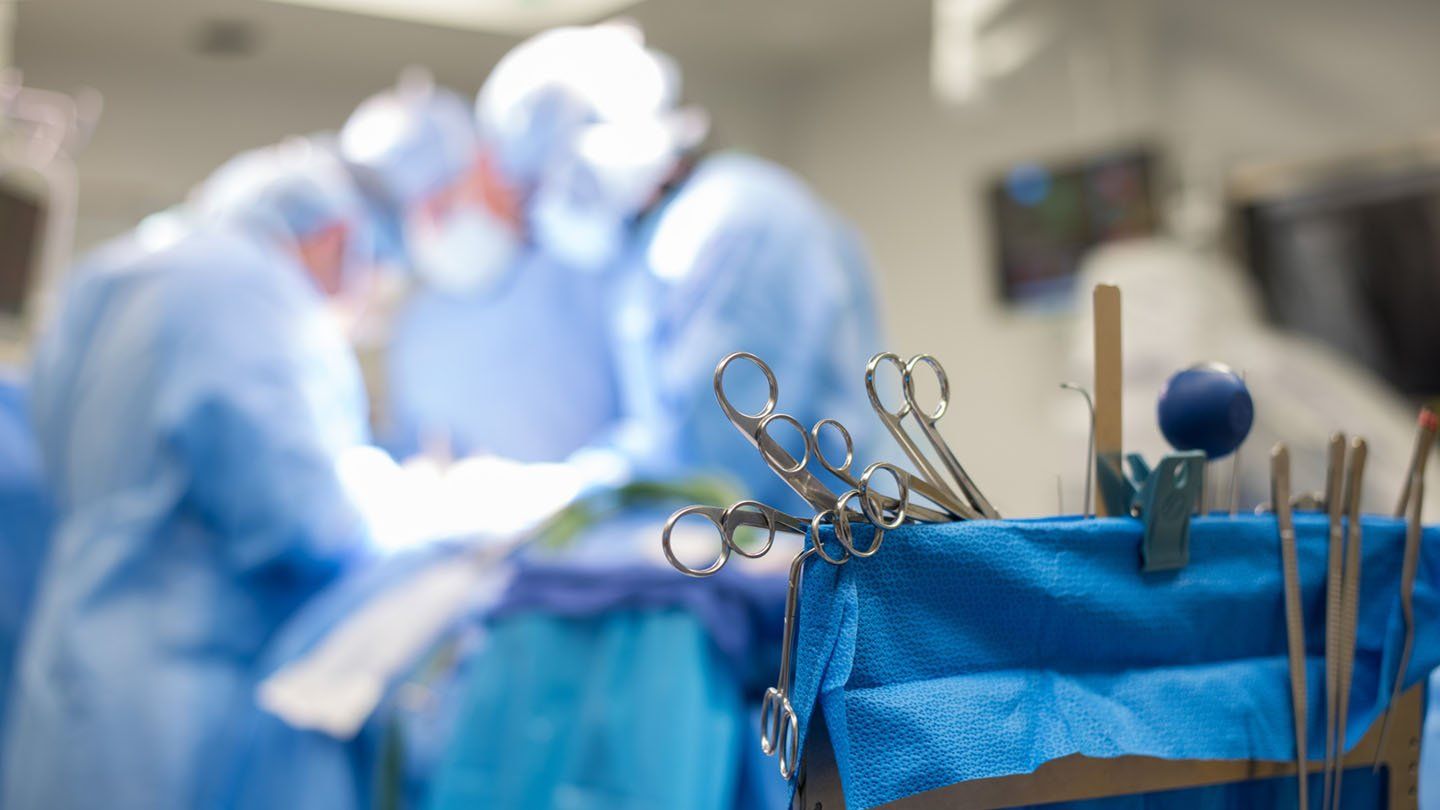
The diagnosis was lumbar spondylolisthesis and stenosis, narrowing of the spinal canal due to slippage of the disc and bone, resulting from age-related wear and tear.
Physicians suggested spinal fusion or decompression, which required general anesthesia and a hospital stay of up to three days.
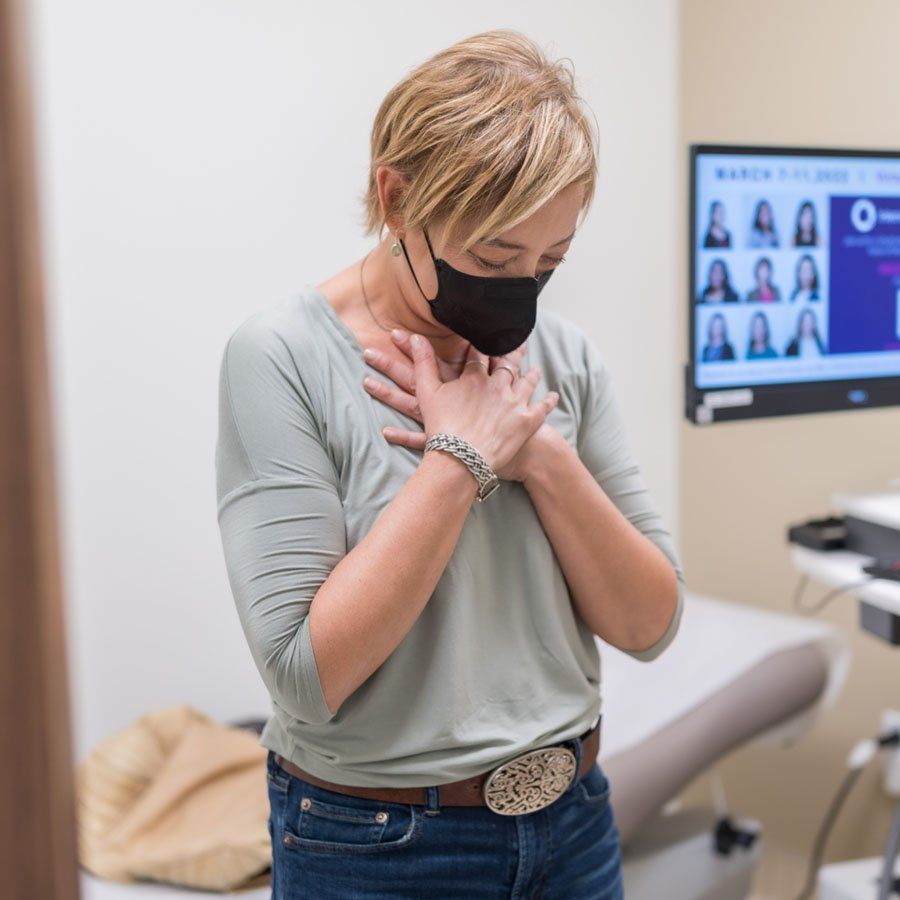
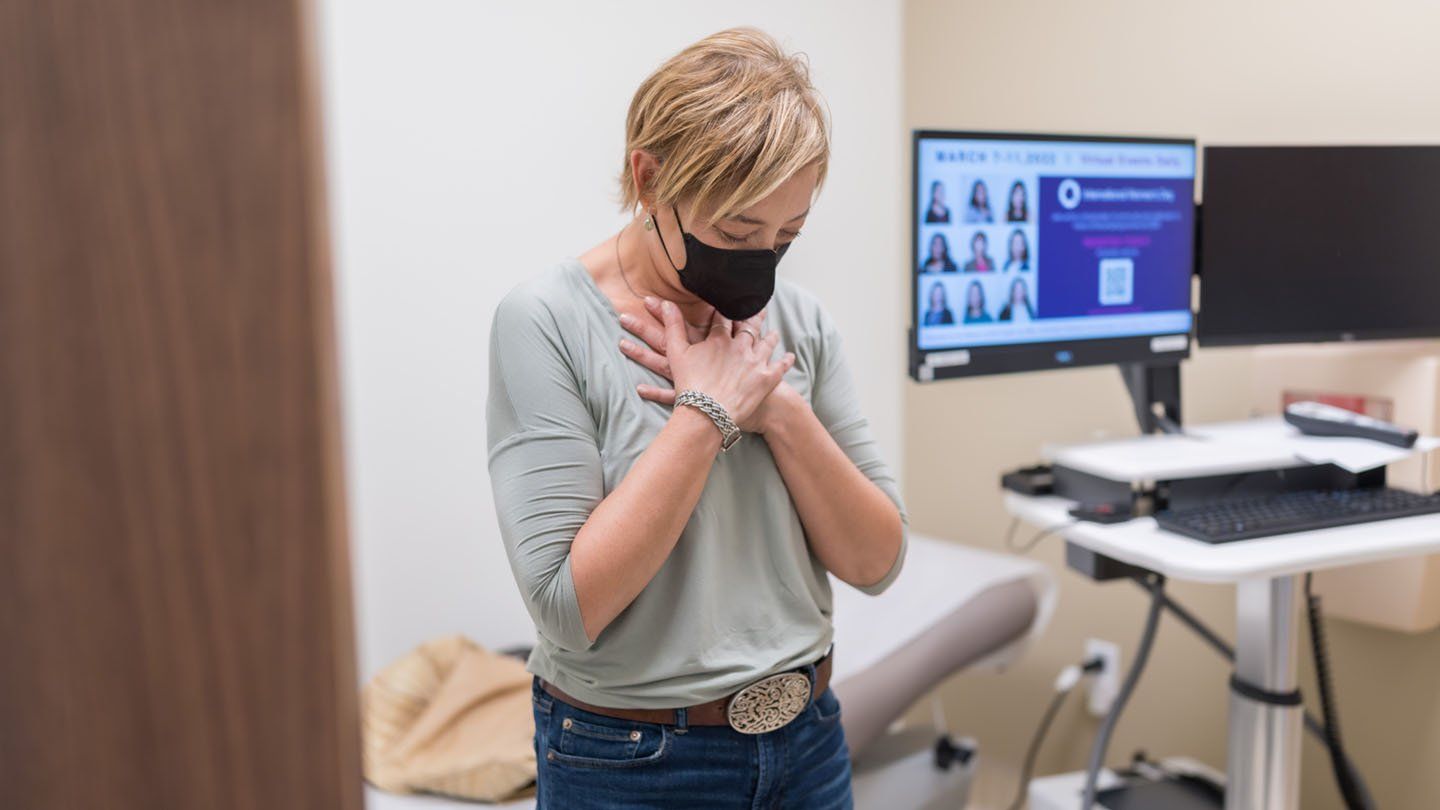
That didn’t sit well with Jacobson who, when faced with a double mastectomy after an early-stage breast cancer diagnosis, sought a less-invasive lumpectomy.
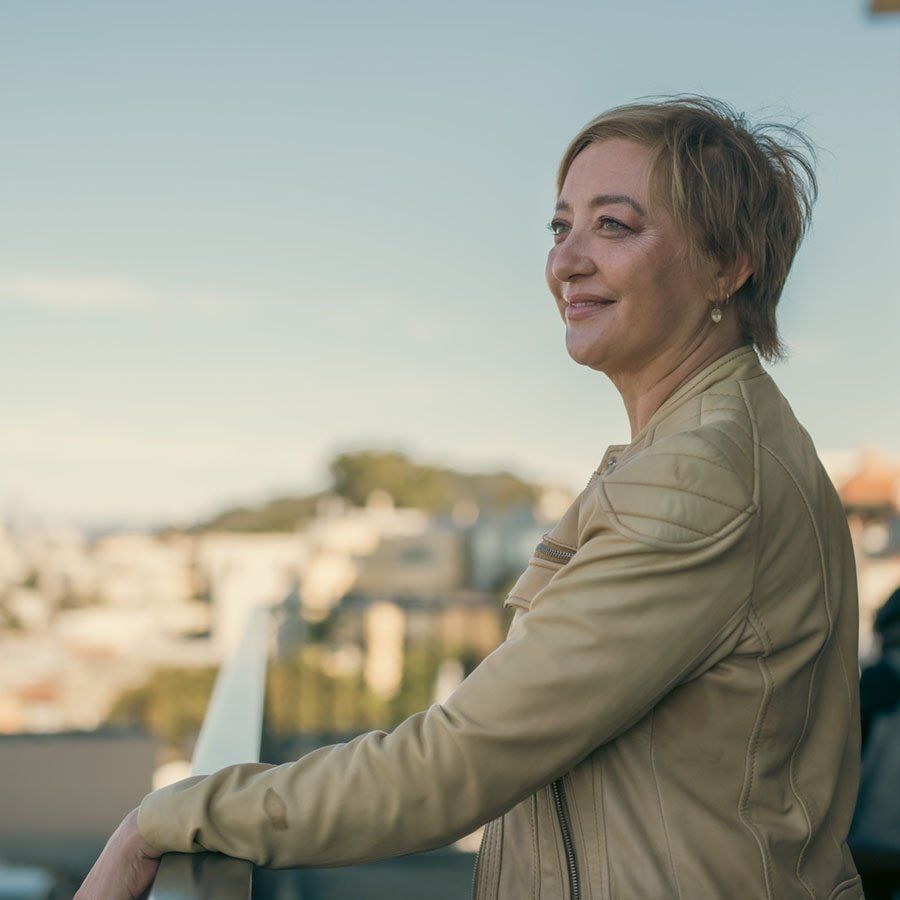
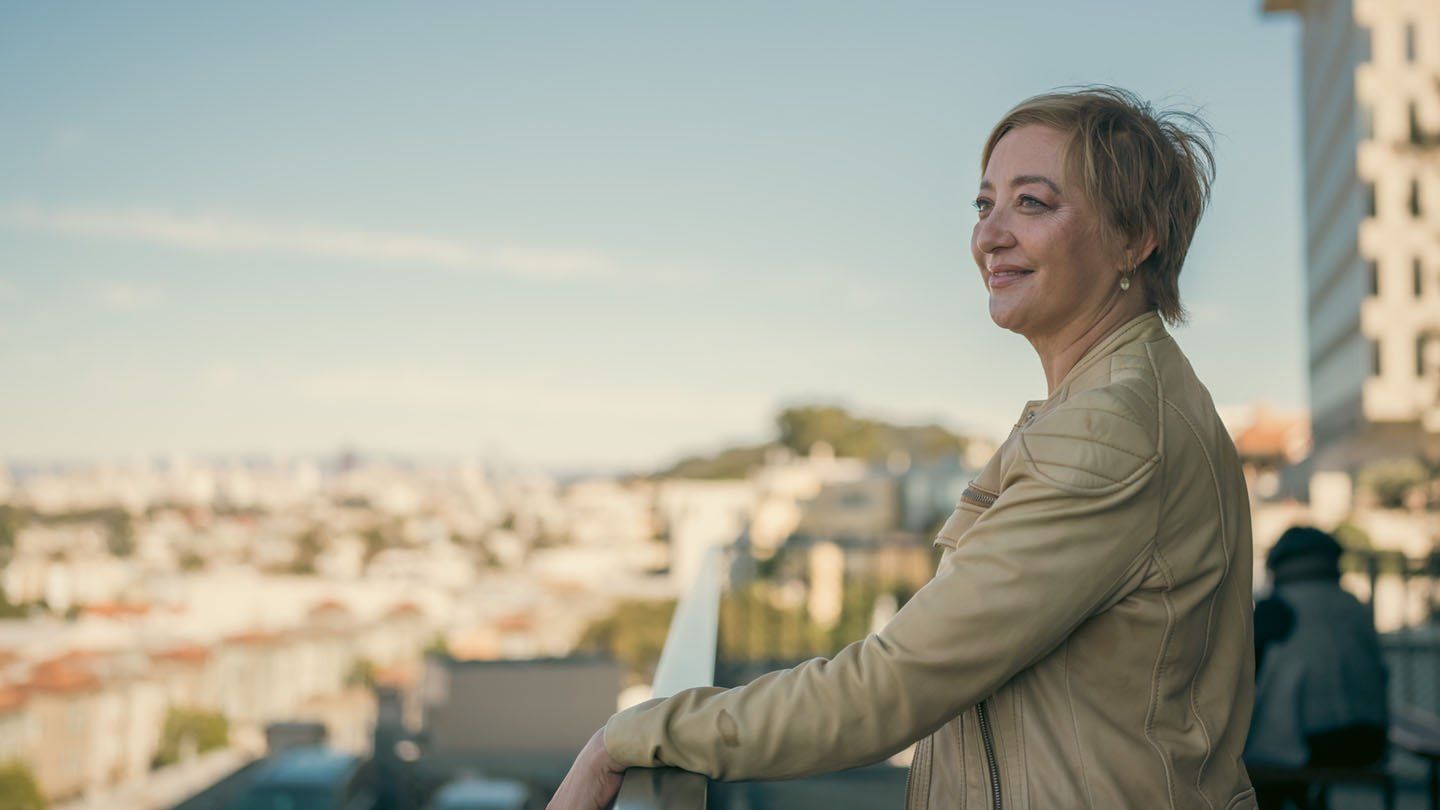
“I’d become a self-advocate and learned that with medical treatment, less is sometimes more.”
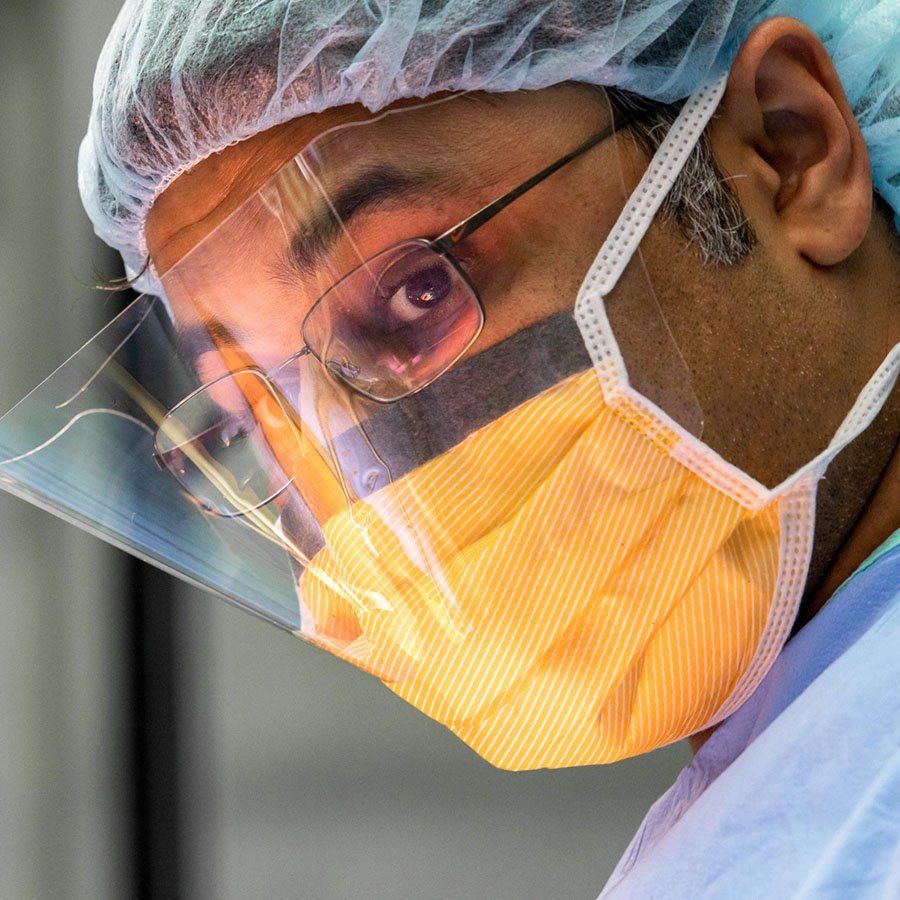
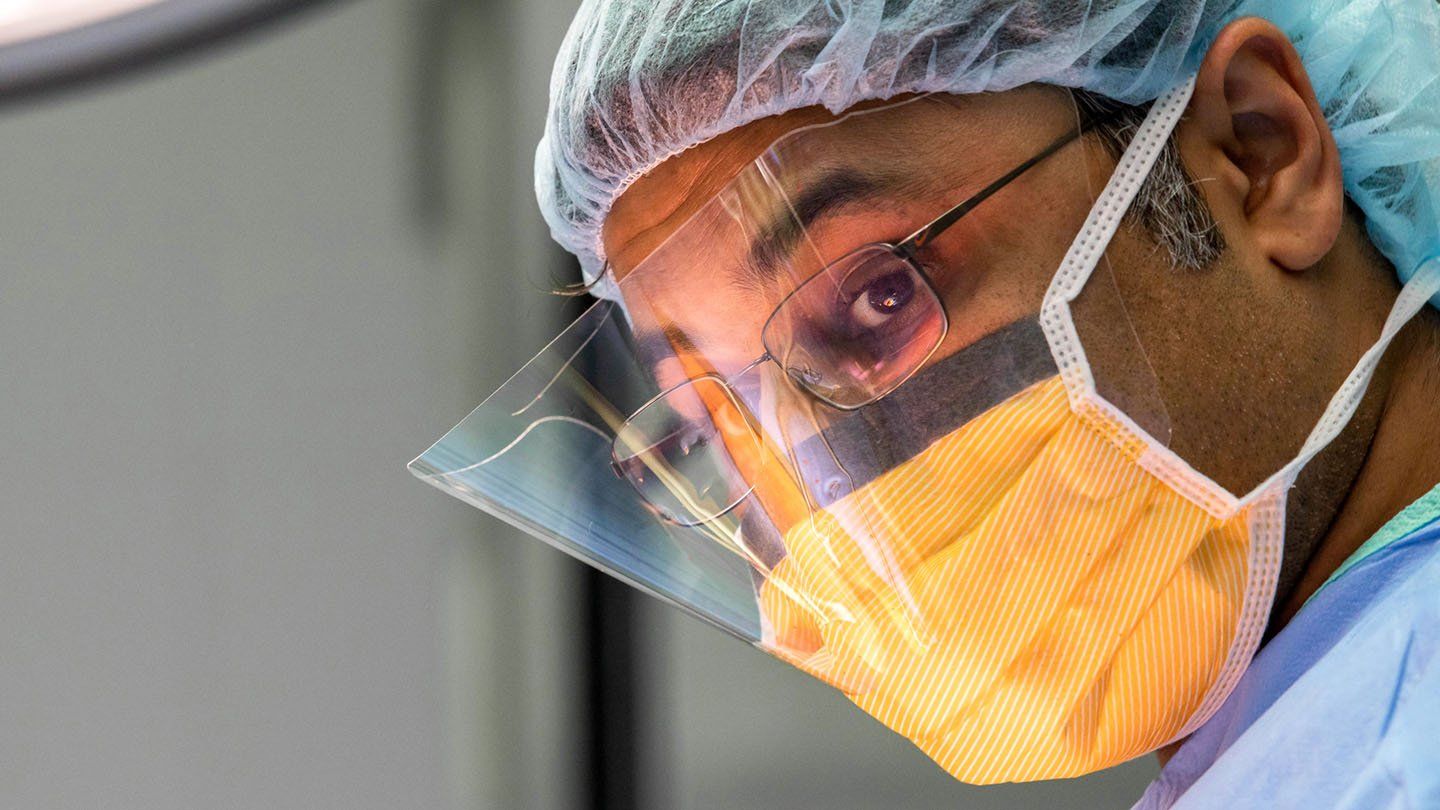
This time, Jacobson interviewed several surgeons, including Praveen Mummaneni, a co-director of the UCSF Spine Center, located at UC San Francisco’s Parnassus Heights campus.
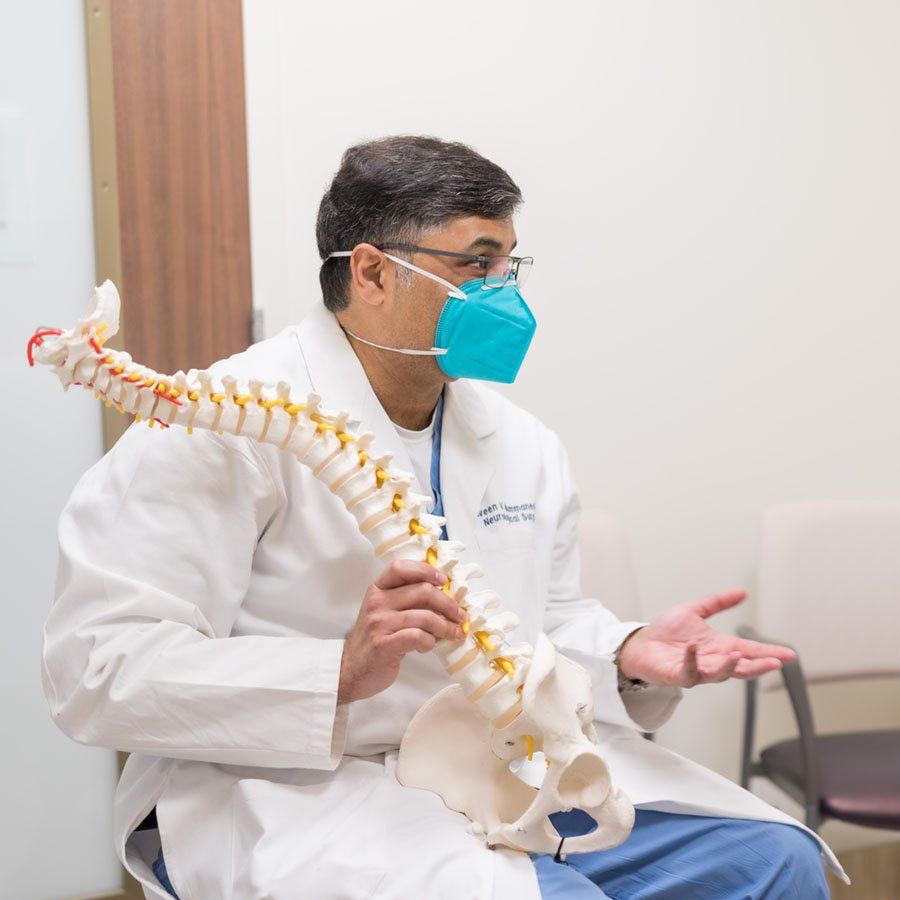
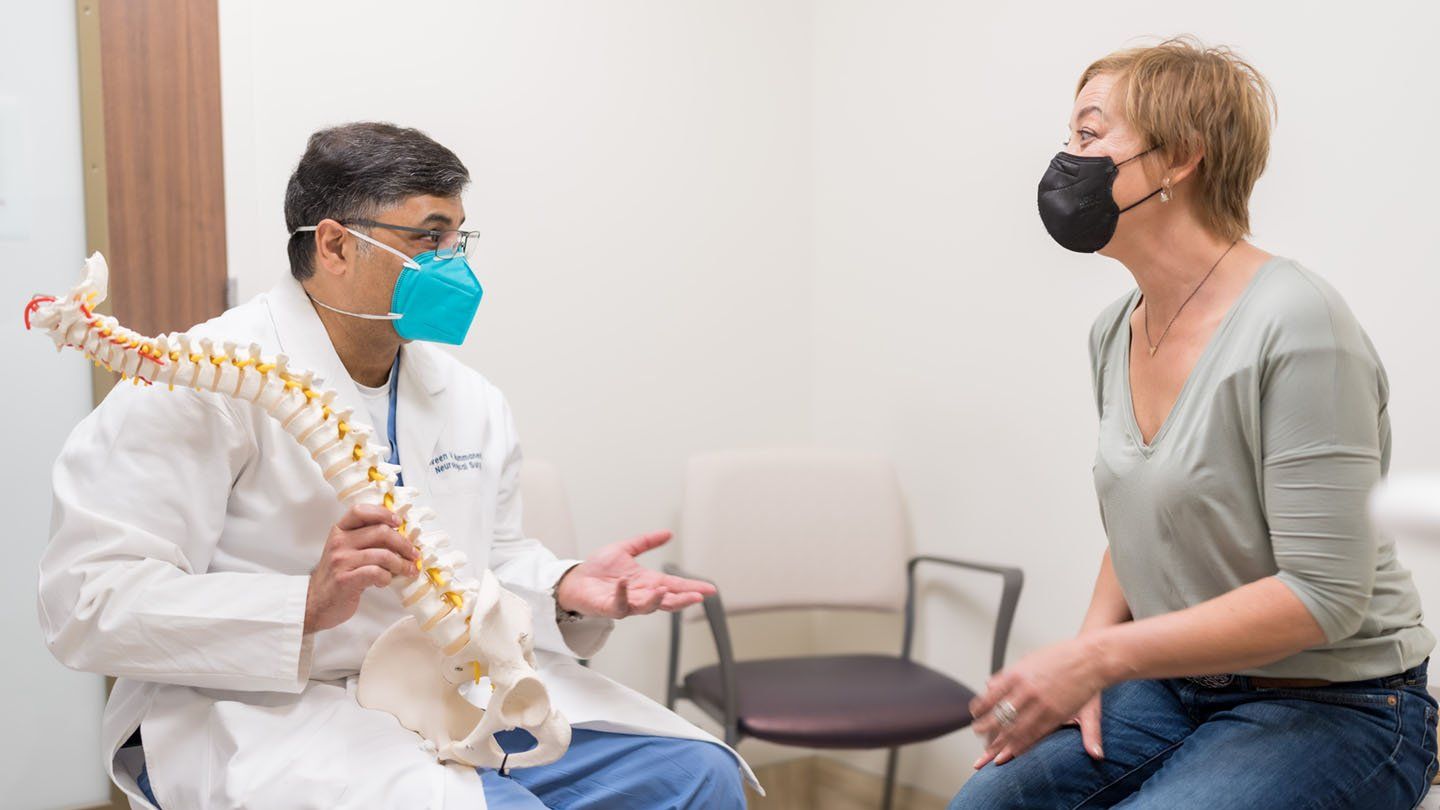
Since 2018, Mummaneni has been conducting and researching “awake spine surgery” at UCSF – one of the first hospitals in the U.S. to offer it.
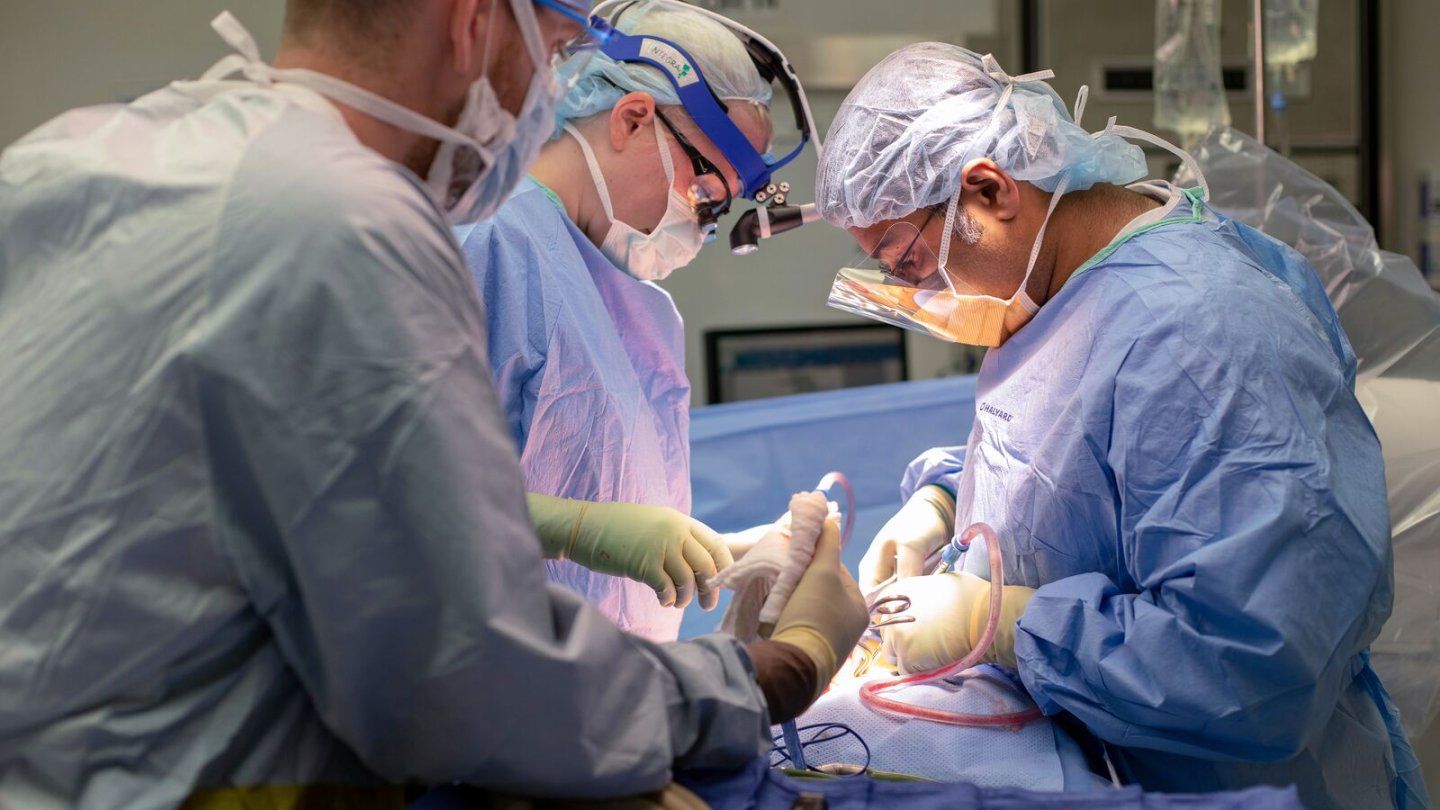
The surgery is done with a spinal anesthetic, and there’s no need for a breathing tube or ventilator, which saves time. Patients also avoid the fogginess and short-term memory issues associated with general anesthesia.
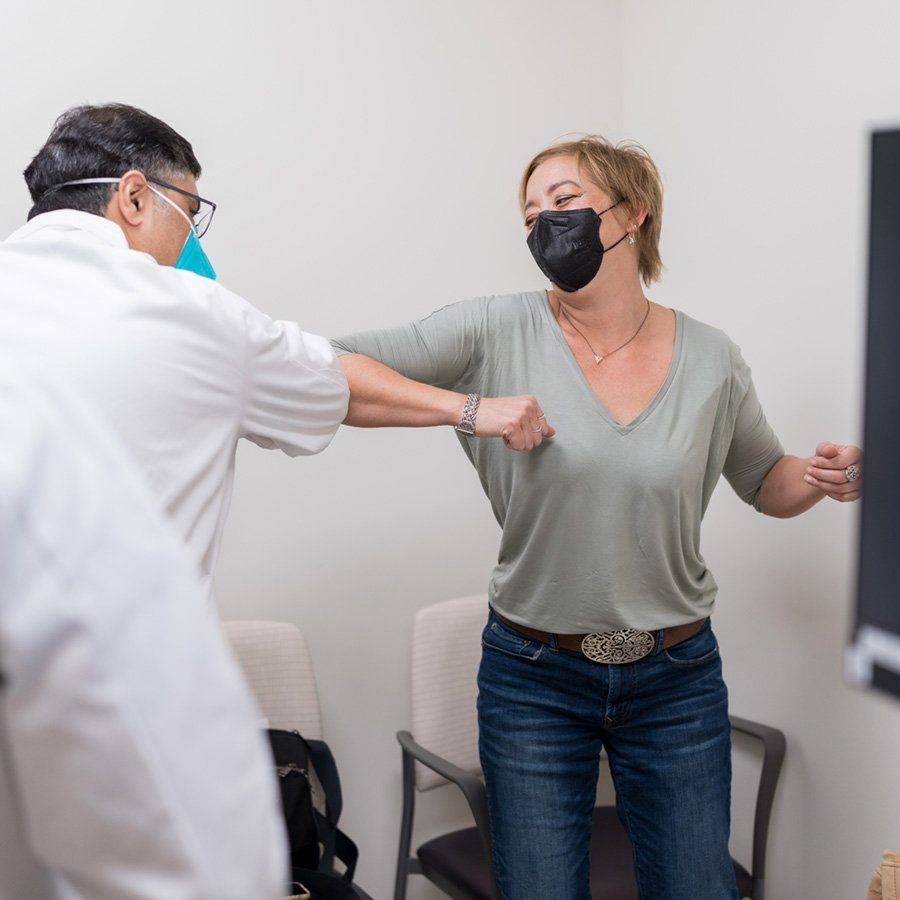
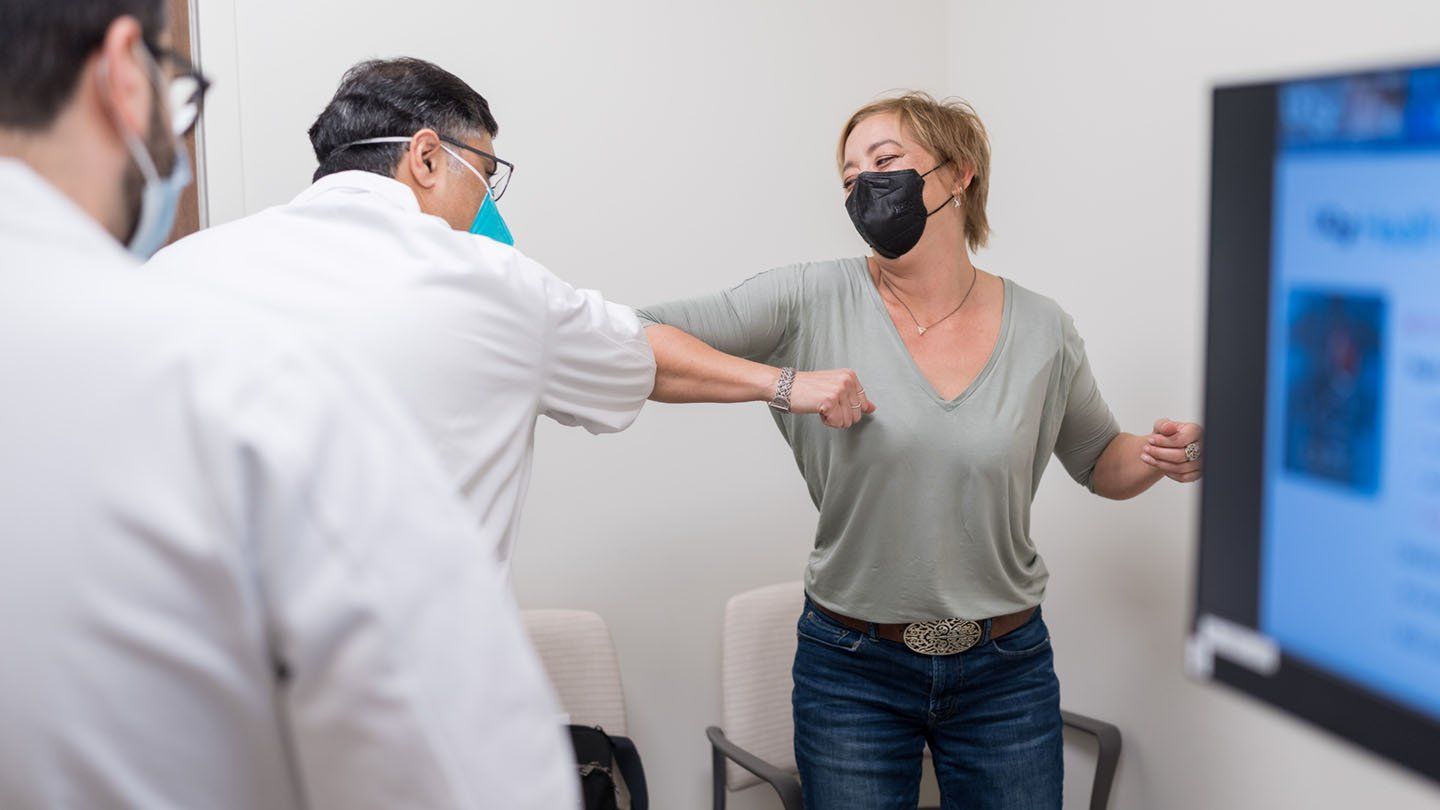
This fit Jacobson’s “less is more” philosophy. She went home within 23 hours. Four days after surgery, she was walking daily.
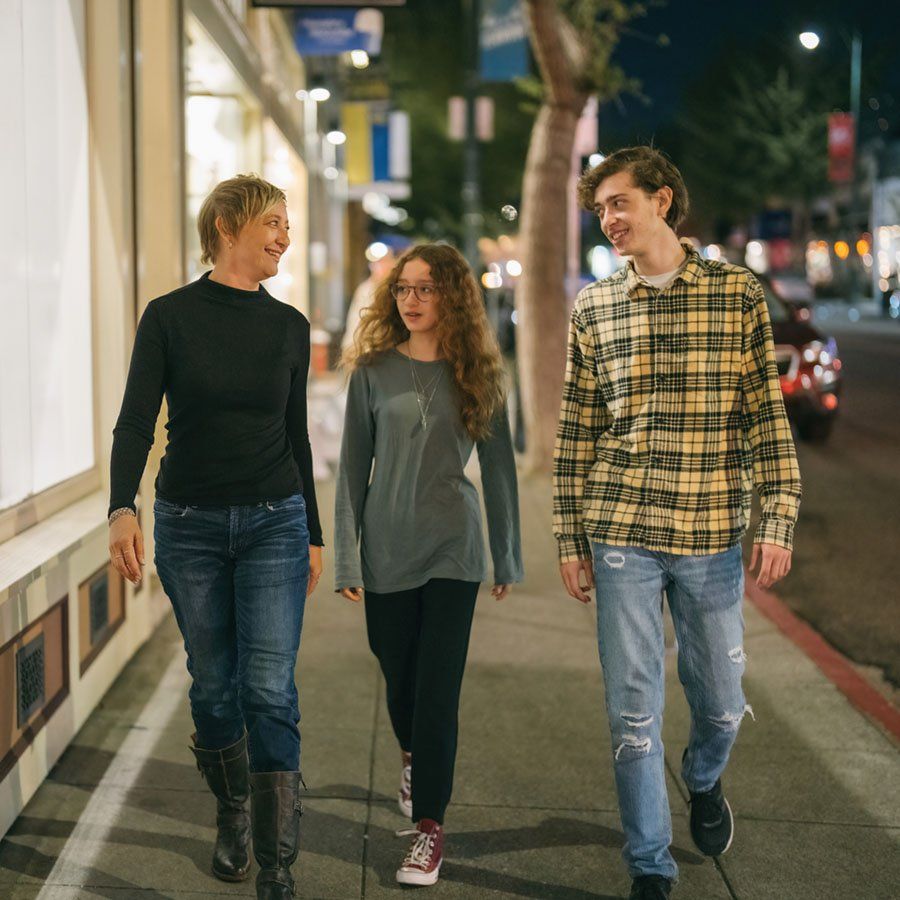
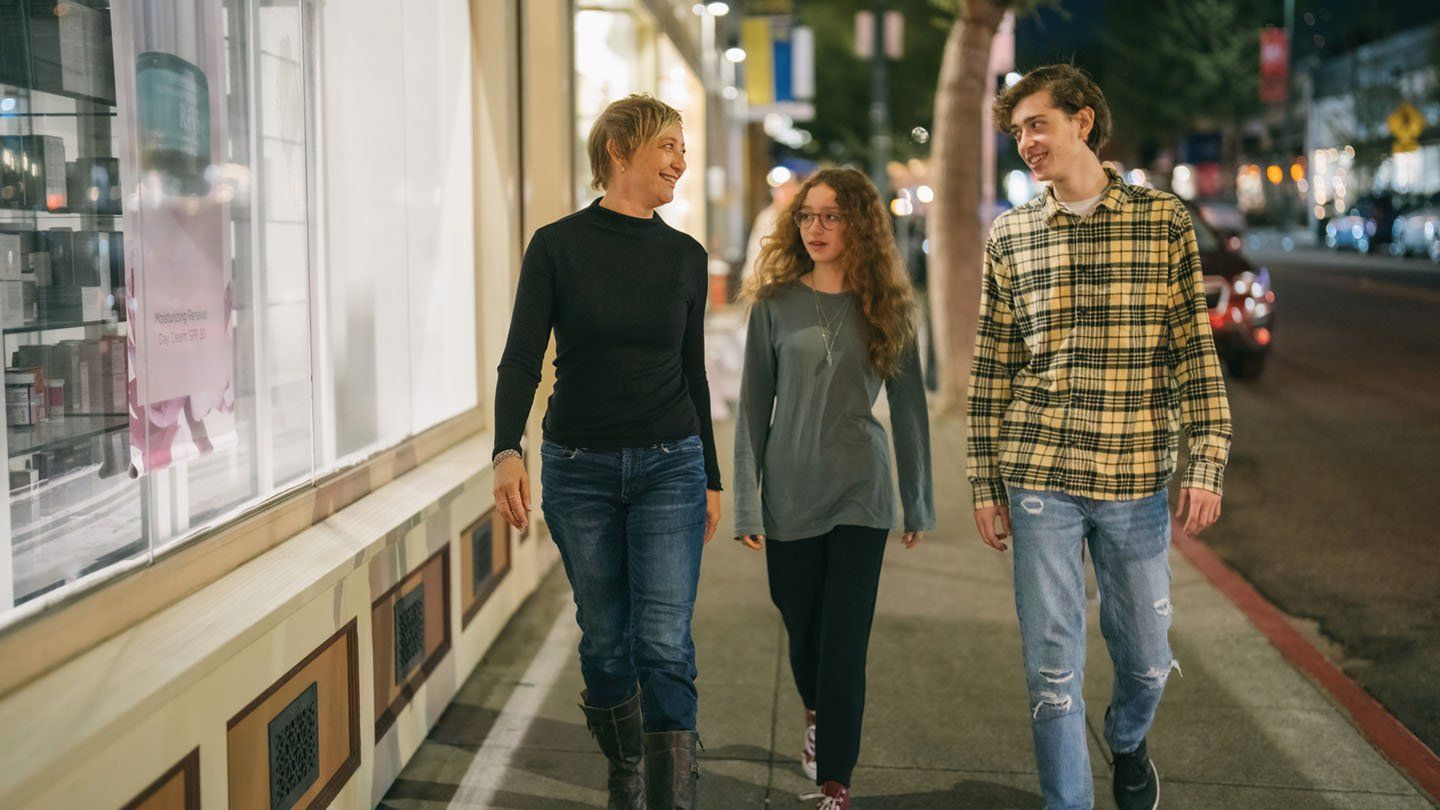
Being back on her feet means Jacobson can focus on the issues that matter most to her.


She now looks forward to rejoining Swim Across America Team Susan Survives to raise funds for pediatric cancer at UCSF Benioff Children’s Hospitals.


“As a cancer survivor and as a mother, children battling cancer is a subject that’s close to my heart.”
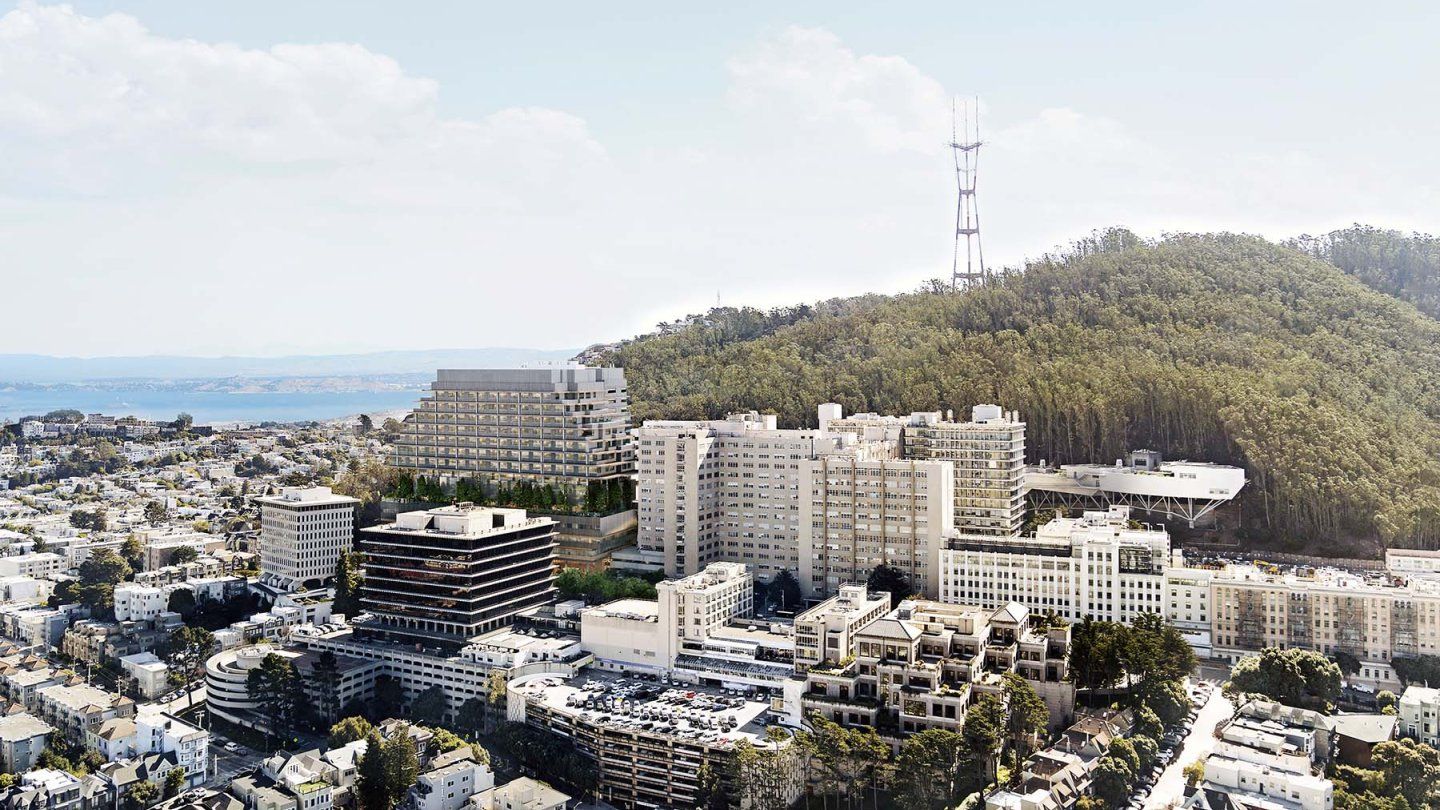
UCSF is transforming its Parnassus Heights campus so that patients like Angie can continue to benefit from the convergence of world-class research, education, and patient care.